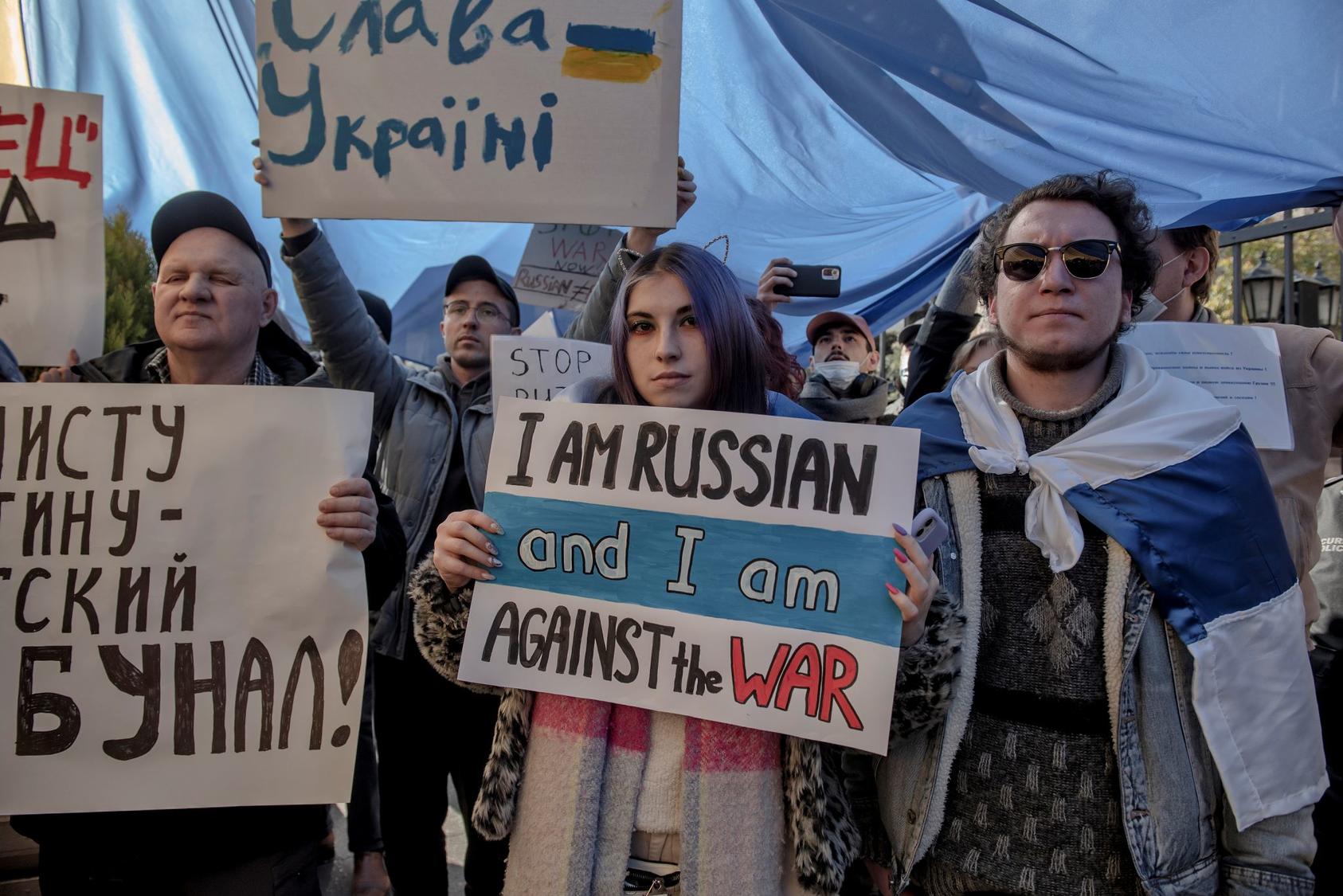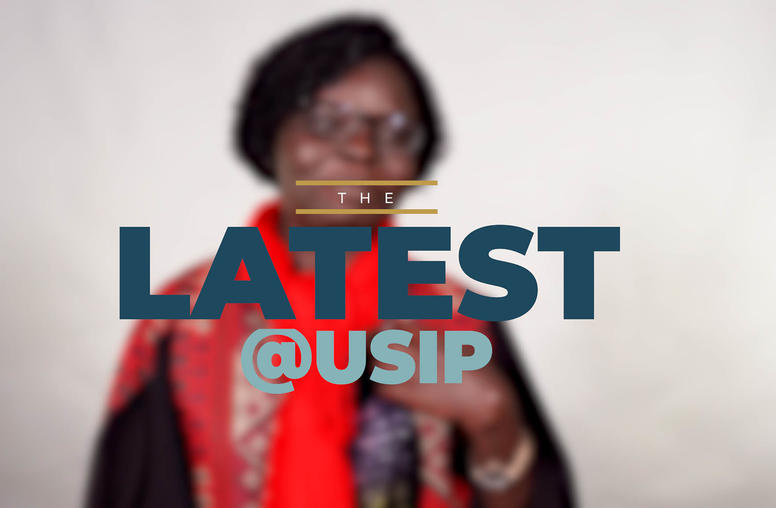Russian Scholars in Exile
Russian scholars are among the many hundreds of thousands of Russians who have fled their ever-more authoritarian country since the start of Vladimir Putin’s full-scale invasion of Ukraine. Despite now finding themselves spread out across the world, these exiled Russian scholars have continued their teaching and research in the name of preserving Russia’s intellectual capital for future generations. They represent natural allies against Russia’s war in Ukraine. And their success a key hope for reestablishing any future free and open Russian society.

On November 16, USIP, American Purpose and the Institute of Current World Affairs hosted the third in a series of discussions with key figures in the Russian exile community. This conversation looked at how these scholars have managed to preserve and continue their work in the face of exile and why these efforts matter in the greater context of Russia’s political landscape.
This online-only discussion required registration in advance. A link was sent to all registrants before the event to access the Zoom webinar.
Speakers
Dr. Alexander Abashkin
Coordinator, Scholars Without Borders, Harvard Davis Center for Russian and Eurasian Studies; Former Vice Rector, Moscow School of Social and Economic Sciences
Dr. Dmitry Dubrovsky
Researcher, Department of Social Sciences, Charles University
Dr. Maria Yudkevich
Former Head, Center for Institutional Studies, Higher School of Economics (Moscow)
Dr. Angela Stent, moderator
Senior Advisor, Russia and Europe Center, U.S. Institute of Peace



